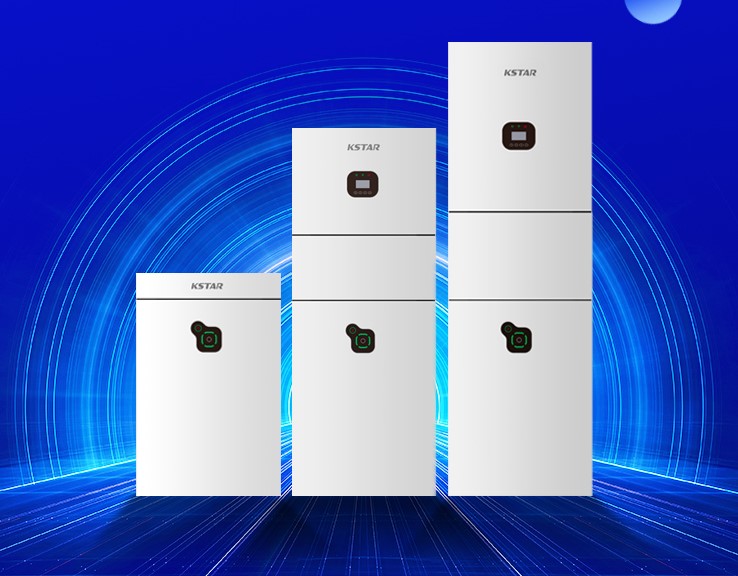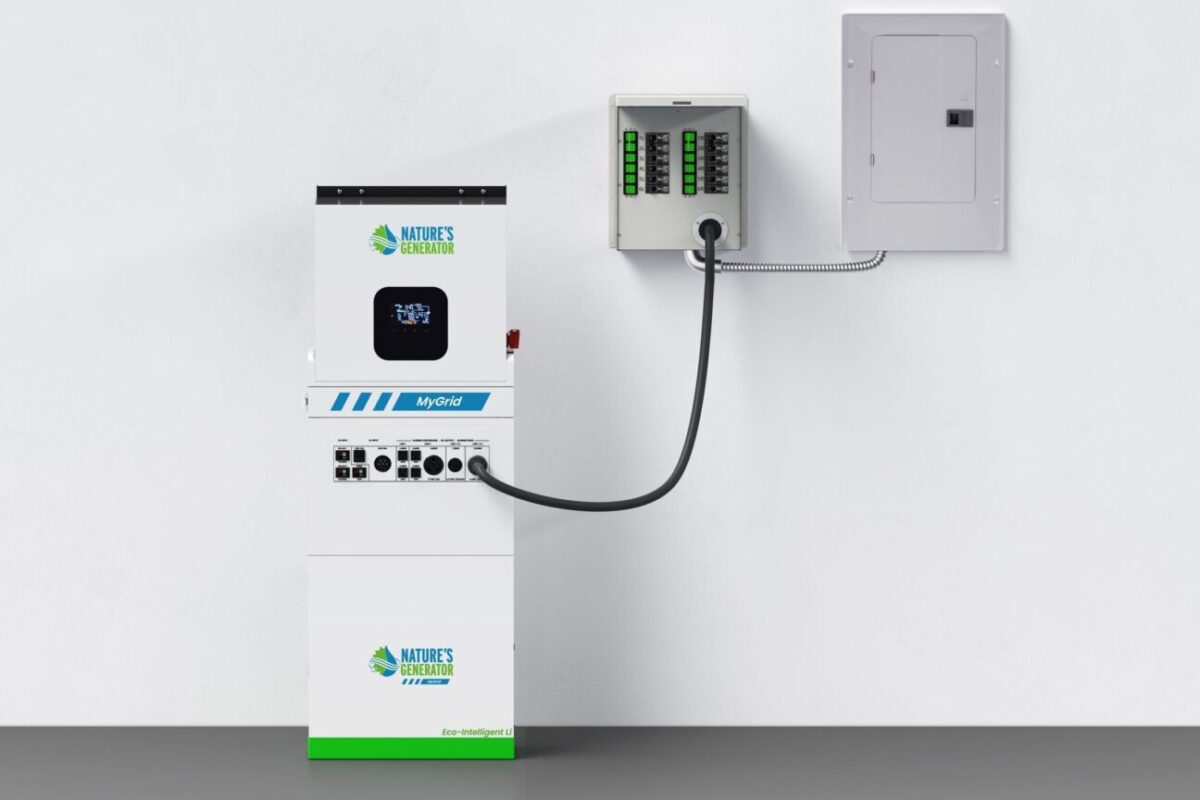Shenzhen Kstar Science and Technology (Kstar) has launched new all-in-one residential lithium-titanate (LTO) batteries for residential PV systems.
A LTO battery is a lithium-ion storage system that uses lithium titanate as the anode. These batteries are particularly suitable for applications requiring quick charging and a high current, as they have high charging and discharging rates.
“The Kstar LTO battery released provides steady operation for up to 16,000 charge cycles, satisfying the service life requirements of more than 25 years, which is also consistent with the life cycle of PV modules,” a spokesperson from the company told pv magazine. “The system is able to work at an extremely low temperature to negative 40 degrees, compatible with Kstar's existing BluE-S5000D and E10KT hybrid PV inverters.”
The new product measures 540 mm x 690 mm x 240mm and has a weight of 102 kg. It has a storage capacity of 5.4 kWh and a depth of discharge of 90%. The nominal voltage is 50.6 V, the maximum short-circuit current is 125 A, and the operating voltage is between 40 V and 60 V. It also features IP65 protection.
The embedded inverter has an efficiency of 97.6% and a European efficiency rating of 97.0%. It measures 540 mm x 590 mm x 240mm and weighs 32 kg. It features a nominal output power of 5 kW and an MPPT voltage range of 140 V to 1,000 V.
The manufacturer offers a 12-year product warranty.
“Compared with other types of Lithium-ion batteries, LTO batteries have better charge-discharge cycle life,” the spokesperson also said. “The high and low temperature resistance enables them to be used in extremely cold areas without heating. In addition, LTO has the same excellent safety and stability as lithium iron phosphate.”
This content is protected by copyright and may not be reused. If you want to cooperate with us and would like to reuse some of our content, please contact: editors@pv-magazine.com.




1 comment
By submitting this form you agree to pv magazine using your data for the purposes of publishing your comment.
Your personal data will only be disclosed or otherwise transmitted to third parties for the purposes of spam filtering or if this is necessary for technical maintenance of the website. Any other transfer to third parties will not take place unless this is justified on the basis of applicable data protection regulations or if pv magazine is legally obliged to do so.
You may revoke this consent at any time with effect for the future, in which case your personal data will be deleted immediately. Otherwise, your data will be deleted if pv magazine has processed your request or the purpose of data storage is fulfilled.
Further information on data privacy can be found in our Data Protection Policy.